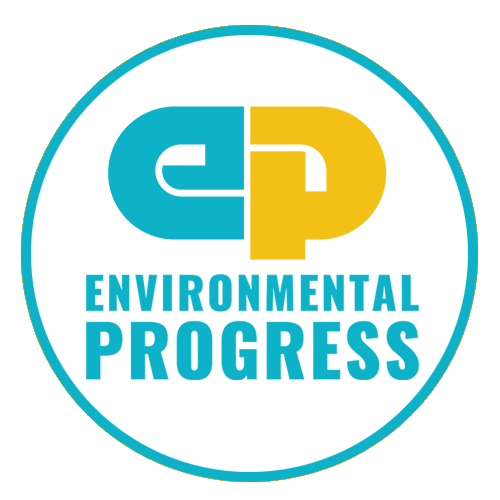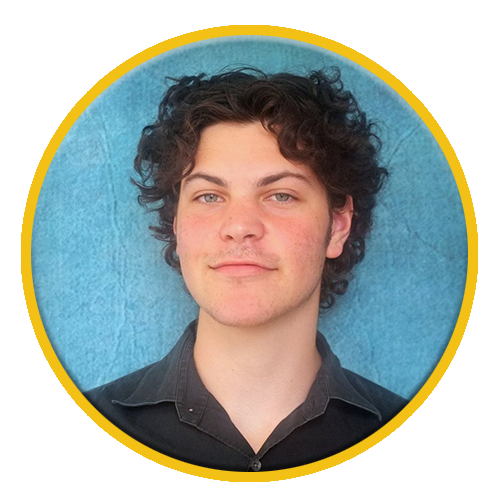The EP Fellowship Program
The EP Fellowship Program is a high-impact opportunity for students and others to gain research, writing and advocacy skills while changing the world.
EP Fellows can use the research done here for coursework, theses and dissertations.
EP Fellowships are highly competitive. To stand out, please demonstrate your familiarity with our work, and your commitment to EP's vision and values.
EP Fellows can use the research done here for coursework, theses and dissertations. Opportunity for compensation based on experience. Fellowships are available year round.
EP fellows should be:
- Hardworking
- Able to work from EP's Berkeley office
- Open-minded
- Capable of scanning large quantities of text or video
- Able to see both the big picture and small details
- Familiar with the subject matter
- Comfortable with computer and technology
- Able to efficiently manage and enjoy multiple research projects at once
2017 Summer Fellows
Previous Research Projects
All EP research projects involve a mixture of qualitative and quantitative energy research; historical research; investigative journalism; sociological inquiry; and political philosophy.
1. Future of Nuclear.
Environmental Progress is leading the global conversation to create a new vision and paradigm for nuclear in the 21st Century. In 2016, EP brought the world's attention to the fact that clean energy is in crisis.
Now, EP is conducting in-depth research into the questions of what makes nuclear safe and cheap, and what must be done to significantly expand the share of electricity the world receives from nuclear. EP's work is already making headlines.
Read More: Nuclear Industry Must Change — Or Die. Feb. 17, 2017
2. Environmental Impacts of Nuclear Plant Closures
Whenever a nuclear plant is closed, or not built, it is replaced almost entirely by fossil fuels, resulting in significantly higher levels of pollution. However, little research has been done to measure those impacts.
EP is doing cutting-edge analyses of the health impacts of nuclear plant closures, and creating a predictive model to estimate future health impacts from nuclear plant closures.
This work has already resulted in EP's analysis of California and Germany getting picked up by the New York Times.
3. History of Nuclear: Technology, Culture, Politics
In the 1960s, conservationists viewed nuclear as the most environmental technology because it emits no pollution and has a small land footprint. But by the 1970s, environmentalists turned against nuclear. Why?
Since its birth in the 1950s, the nuclear industry has responded with designs that will supposedly be safer and cheaper — but are they? What makes nuclear cheap? What makes it safe?
In this research EP is casting a skeptical eye on all sides and assumptions, and is following the truth wherever it leads.
4. Energy Justice for All.
Since the early 1970s, Western environmental groups have sought to cut off funding to poor nations for hydro-electric dams and other sources of cheap electricity. In 2014, the Indian government said these efforts reduced Indian GDP by 2 - 3 percent annually. What exactly have these efforts been, and what impact are they having?
Fellows
"If you want hands-on experience in energy and environment policy nothing's better than a fellowship at EP. It's a work culture of passion, impact and innovation." — Jemin Desai, 2017 Fellow
"Working with passionate, ambitious people every day not only gave me new skills but also allowed me to produce meaningful work I am proud of."
— Kylie Feger, 2017 Fellow
Staff And fellow retreat events














